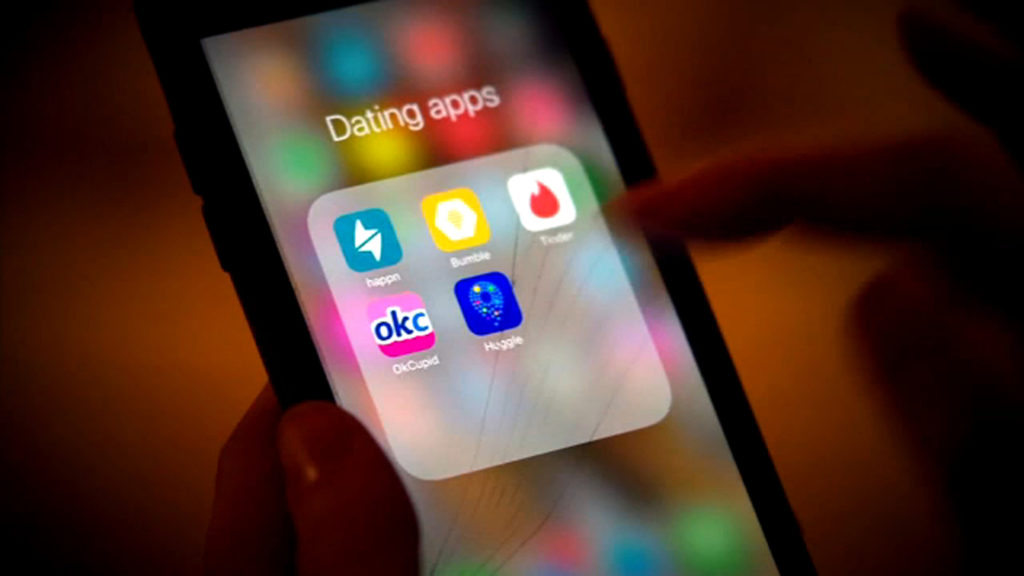The advancement in technology has made it easy to do almost everything with just an app. This, interestingly, includes finding a partner – to date and even marry. Much as the entire process of choosing a partner online requires keen consideration, you also need to prioritise your personal information when using these resources.
Popular dating apps used worldwide, such as Tinder, Bumble or Zoosk, often become a bait used to spread mobile malware or retrieve personal data to later bombard the users with unwanted ads or even spend their money on expensive paid subscriptions. Such files have nothing to do with legitimate apps, as they only use a name and sometimes copy a design of authentic dating services.
Security software maker Kaspersky analysed popular dating apps in 2019 within Africa and discovered a circulation of 1,486 threats under the guise of over 20 apps. Of these, a total of 7,734 attacks on 2,548 users were detected. The countries attacked most often were South Africa, accounting for 58% of all attacks in the region, Kenya (10%) and Nigeria (4%).
The danger these malicious files bring varies from file to file, ranging from Trojans that can download other malware to ones that send an expensive SMS, to adware, making it likely that every ping a user gets is some sort of annoying ad notification rather than a message from a potential date.
For instance, one of the applications that at first glance looks like Tinder is, in fact, a banking Trojan that constantly requests Accessibility service rights, and upon getting them, grants itself all rights necessary to steal money from the user. Another names itself as ‘Settings’ right after installation, shows a fake ‘error’ message and later disappears, with a high likelihood it will return with unwanted ads a few days later.
Cybercriminals who specialise in phishing also do not miss the chance to feed on those seeking to find love. Fake copies of popular dating applications and websites, such as Match.com and Tinder, flood the internet. Users are required to leave their personal data or connect to the applications via their social media account. The result is not surprising: the data will later be used or sold by cybercriminals, while the user will be left with nothing.
Recommendations to avoid cyber threats with dating apps
Always check application permissions to see what your installed apps are allowed to do. Do not install applications from untrusted sources, even if they are actively advertised, and block the installation of programs from unknown sources in your smartphone’s settings.
Find out more information about the dating website you are planning to visit: look into its reputation on the internet and try to find user feedback. Use a reliable security solution like Kaspersky Security Cloud that delivers advanced protection on Mac, as well as on PC and mobile devices
Also, avoid sharing too much personal information with strangers and make sure that the person you are meeting is real, as fraudsters often use fake profiles for scams.
Read About: How to protect your digital privacy

